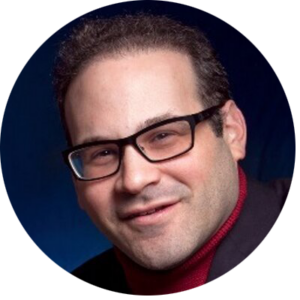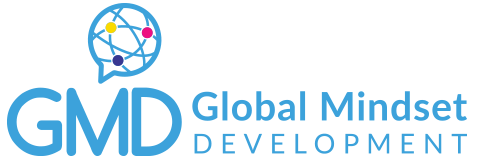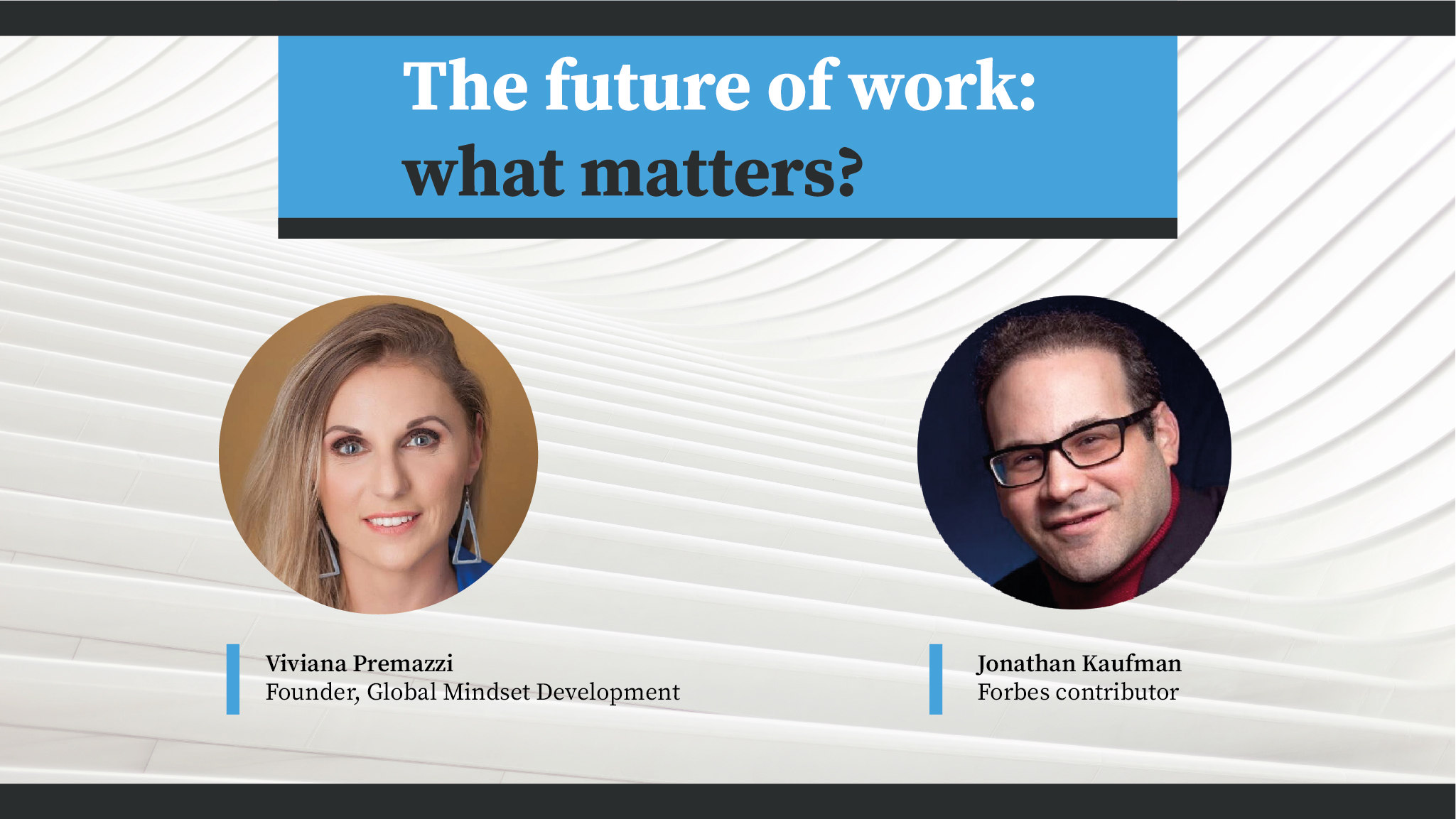The future of work: what matters?
Because of the pandemic, many businesses have to face new challenges and changes. The most important is related to people, their employees, their Human Resources: the fuel of every business.
That’s when Diversity and Inclusion become more and more relevant for the present and the future of work. On these topics we had the pleasure to interview Jonathan Kaufman, Forbes contributor and former Policy Advisor to the White House on Diversity and Disability, to know more about his column “Mindset Matters“, his opinion about the advantages, challenges and opportunities of Diversity and Inclusion and his love for Malta!

Why is D&I important in your opinion?

Diversity & Inclusion is fundamental to human experience. The richness of different experiences drawn from culture, ethnicity, sexual orientation, disability, etc. allows for a wide perspective of ideas & thoughts that can be applied in various ways through business, education and beyond. It can also be a way to show that despite difference, we as humans share a common bond as well.

What added values can diversity bring to a company?

Diversity & Inclusion allows companies to have a broader perspective both internally and externally. From an internal perspective having a diverse workforce is reflective of the world around them and provides different perspectives, ideas and ways of thinking that shape everything from corporate strategy, management practice, issues of human capital etc. Externally, Diversity galvanizes organizations to think about untapped markets and finding ways to leverage diversity as a competitive advantage.

Training, mentoring and coaching programs: are they effective?

Training, Mentoring & Coaching Programs can be highly effective because at the end of the day business is about people and human relationships. It is essential from management practice, organizational structure, talent management to sales that these programs exist to help the corporate culture from C-level on down to engage in strategies and tactics that assist in navigating the challenges of day to day business life.

What we can learn from the US (best practices and maybe also mistakes) about D&I?

The US has always been a country that has been a rich tapestry of diversity. It has been at the core of the American experience as well as among its great challenges – the issue of race has been front and centre of the country’s continuing narrative. That being said, organizations in the US like the Business Roundtable have come forward to redefine the definition of a Corporation and embrace Diversity as fundamental to corporate goals moving beyond just shareholder value. This sea change along with a heightened awareness and increased power amongst Chief Diversity Officers within the corporate structure has begun to redefine the importance of Diversity & Inclusion as an essential role within business goals and longterm success. There is still a long way to go but we are making progress.

How did you start working for Forbes? Did Covid change your work style and the organisational culture? How?

My journey with Forbes began when they reached out to me saying that they were expanding their Leadership Section to incorporate a Diversity & Inclusion component and would I like to be a contributor. That’s how the relationship began and I have been writing a regular column called “Mindset Matters” focusing on the intersection of disability, business, innovation and culture. As far as my own work, there have been a few changes. I am seeing clients now completely virtual – whether it be psychotherapy or coaching sessions. Also, on a normal year, I do speaking engagements all over the globe. That has stopped completely, however, organizations are starting with virtual meetings so I am seeing a slow uptick in this area. Other than that the writing is the same and being that I am a solo practitioner the culture of my organization has not changed, just my approach.

How did you find out about Malta? What did you like about it? What’s your plan for the future (after covid :))?

I have known about the country of Malta, but it was over a year ago when my partner and I were looking to go away. She had suggested Malta with all its rich history and diverse background. We went for a holiday and just fell in love with the country. While there I met the members of Parliament around Disability & Ageing issues (an area I worked on at The White House during the Obama Administration) and was exploring opportunities here for consulting and beginning to think about other ways to engage with the country from the university, etc. After COVID I hope to return to Malta and see how I can utilize my expertise and background to be a value add to the growth and well being of the country.


